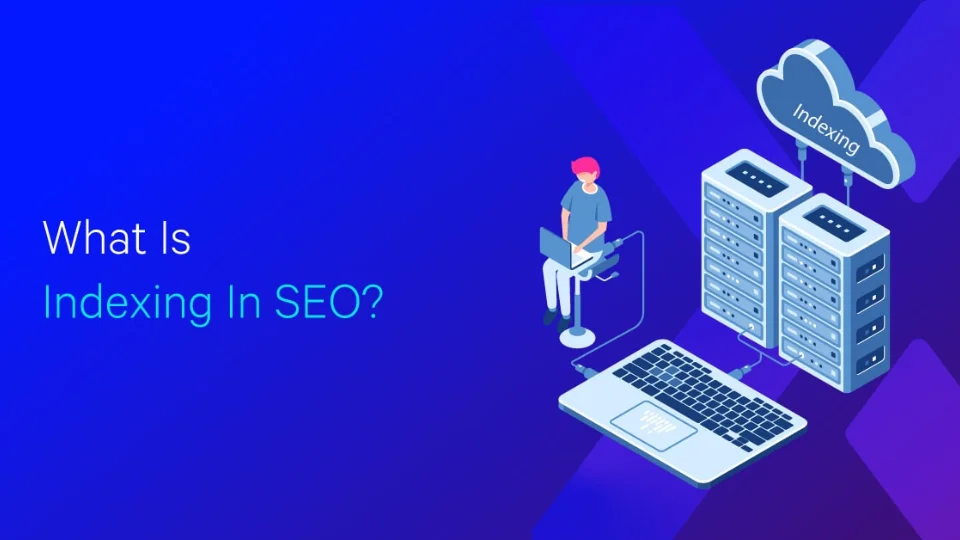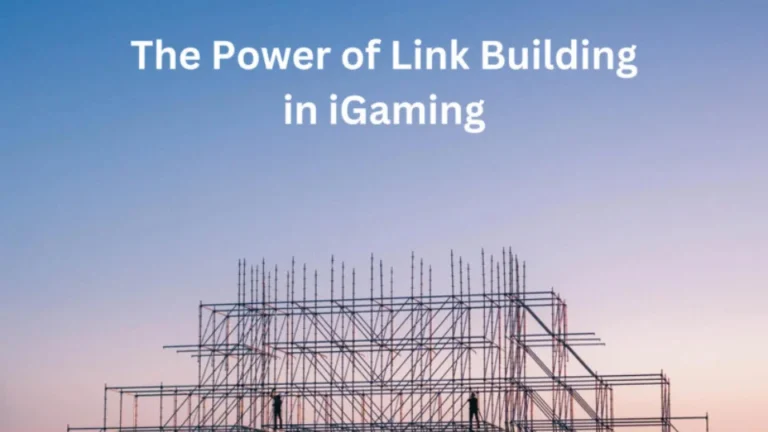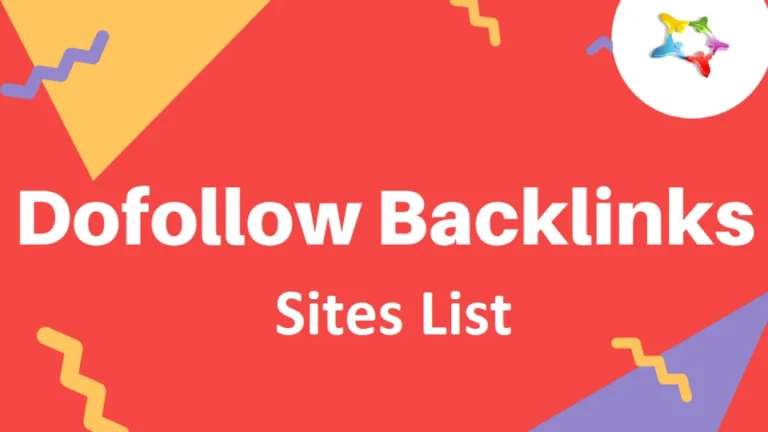What Is Indexing in SEO? A Complete Guide for Beginners
If you want your website to show up in Google search results, indexing is a crucial step you cannot ignore. But what exactly is indexing in SEO, and why does it matter so much?
In this easy-to-follow guide, we’ll break down everything you need to know about indexing, how it impacts your website’s visibility, and what you can do to improve your chances of ranking higher in search engines.
What Is Indexing in SEO?
Indexing in SEO refers to the process where a search engine, like Google, adds a web page to its database. Once indexed, your page becomes eligible to appear in search results when users look for related keywords.
Think of indexing like adding a new book to a giant library. If your page isn’t indexed, it’s invisible to people searching online.
How Indexing Works

The indexing process typically involves three main steps:
- Crawling: Search engine bots (also called spiders) scan the internet to find new and updated content.
- Processing: The information collected during crawling is analyzed and organized.
- Indexing: Relevant pages are stored in the search engine’s index to be retrieved when users perform a search.
Why Is Indexing Important for SEO?

Without indexing, your website simply won’t appear in search results. Here’s why indexing is critical:
- Visibility: Indexed pages are eligible to show up in search engine results pages (SERPs).
- Traffic: Properly indexed pages drive organic traffic to your site.
- Ranking Opportunities: Only indexed content can rank for relevant keywords.
In short, if you want your SEO efforts to pay off, your pages must be properly indexed.
How to Check if Your Website Is Indexed

There are a few easy ways to check if your site is indexed:
- Site Search in Google: Type
site:yourdomain.cominto Google. If results show up, your pages are indexed. - Google Search Console: Use the “URL Inspection Tool” to check if individual pages are indexed.
- Third-Party Tools: Tools like Ahrefs, SEMrush, and Moz can also monitor index status.
Common Reasons Why a Page Is Not Indexed
Sometimes, a page might not be indexed, and that’s usually due to:
- Noindex tag: The page is intentionally blocked from indexing.
- Duplicate content: Search engines may ignore pages that have identical content.
- Poor quality content: Thin or spammy pages often get left out.
- Technical errors: Issues like broken links, slow loading times, or incorrect robots.txt files.
- Crawling issues: If search bots can’t find or access your page, it won’t get indexed.
How to Get Your Pages Indexed Quickly
Want search engines to index your pages faster? Here are some effective strategies:
- Submit URLs to Google Search Console: Use the “URL Inspection Tool” and request indexing.
- Create and Submit a Sitemap: A sitemap helps search engines discover and understand your site’s structure.
- Improve Internal Linking: Link new pages from other indexed pages to help bots find them.
- Publish High-Quality Content: Useful, unique, and engaging content tends to get indexed quickly.
- Build Backlinks: Links from other websites can help bots find and index your pages faster.
- Ensure Mobile-Friendliness: Mobile-optimized pages are prioritized for indexing.
Comparison Table: Crawling vs. Indexing vs. Ranking
| Term | Definition | Importance for SEO |
|---|---|---|
| Crawling | Discovery of web pages by bots | Essential first step |
| Indexing | Storing pages in a search engine’s database | Makes pages eligible to rank |
| Ranking | Ordering pages by relevance in search results | Drives visibility and traffic |
Pros and Cons of Fast Indexing
Pros
- Quicker Visibility: Your content appears in search results sooner.
- Faster Feedback: You can evaluate SEO effectiveness quickly.
- Competitive Edge: Beat competitors by getting new content indexed first.
Cons
- Premature Indexing: Low-quality or incomplete pages could hurt your SEO.
- Spam Risks: Spammy content could get indexed and penalized quickly.
- Maintenance Pressure: You must ensure all indexed pages meet quality standards.
How to Optimize Your Website for Better Indexing
Boost your indexing chances with these best practices:
- Use clean and descriptive URLs.
- Keep website architecture simple and logical.
- Eliminate duplicate content.
- Optimize page load speed.
- Regularly update and refresh content.
- Fix all crawl errors promptly using Google Search Console.
FAQ: Indexing in SEO
What happens if my page is not indexed?
If your page isn’t indexed, it won’t appear in search results, meaning you’ll miss out on organic traffic.
How long does it take for Google to index a new page?
It can take anywhere from a few hours to several weeks, depending on factors like domain authority, internal links, and website health.
How can I speed up indexing?
Submitting your URL through Google Search Console, creating internal links, and building backlinks are effective ways to speed up indexing.
Can a page be crawled but not indexed?
Yes. If a search engine decides the page doesn’t offer enough value, it might crawl but not index it.
Does updating content affect indexing?
Yes, updating content can trigger a re-crawl and increase the chances of better indexing and ranking.
Conclusion: Make Indexing a Priority for SEO Success
Understanding and managing indexing in SEO is essential if you want to succeed online. It’s not enough to create great content; you must ensure that search engines find, understand, and store your pages properly.
By following best practices, monitoring your site’s performance, and fixing issues quickly, you can maximize your chances of being seen by your target audience.







